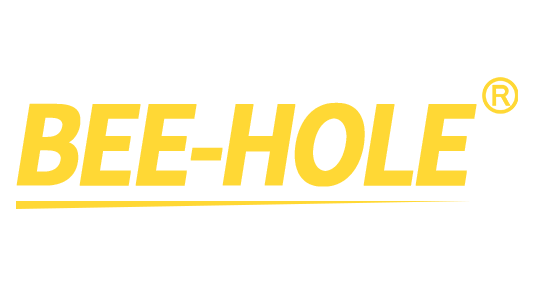The Importance of Keyword Research in SEO
Three Major Types of Keywords to Understand
Keyword research is highly valued in the SEO field, as it has a crucial impact on the ranking of sellers' listings. Choosing good keywords can bring unexpected changes to websites and products. Yang, the Director of Market Operations at Retail Ease Foreign Trade Building, shared insights on keyword research.
Firstly, sellers must understand that keywords can generally be divided into three major types, which determine the development of sales business. Top-of-funnel keywords belong to the informational type, such as 'best way to', 'step by step', 'how to' or 'guide to'; mid-funnel keywords are mainly looking for solutions, such as 'that actually works', 'how to stop', 'ways to avoid' or 'ways to fix'; while bottom-of-funnel keywords focus on the buyer's intent, such as 'compare prices', 'affordable', 'best', 'order' or 'where can I buy'. Top-of-funnel keywords are more informational, while bottom-of-funnel keywords lean more towards transactional type.
After determining your key target keywords, you need to find related top, middle, and low-end keywords. Conduct appropriate on-page SEO optimization for different types of keywords and add suitable keywords to listings. The number of keywords depends on the size and budget of the website.
Determine which type of keywords to focus on
Every business should conduct keyword research based on its own products, but for e-commerce websites, it is recommended to optimize for low-end keywords.
Set goals, plan the process
Keyword research may involve a large amount of data and spreadsheets. Although this process may be somewhat tedious, it is crucial and cannot be omitted.
Sellers need to set clear goals, clarify why they want to improve rankings, and why they want organic search traffic. Setting goals can make everything clearer. Based on existing revenue and traffic conditions, set traffic, conversion rate, and revenue goals. Focusing on achieving these goals can make the seller's work more focused.
Find competitors
Content How founder Will Robins often helps his clients find competitors when working with them. Through a simple few minutes of searching, he can find other companies on Google that are better than the client's company, set them as competitors and targets, and hope to reach their level in the coming years or months.
Target companies can be classified according to search traffic, such as 5-year gap, 2-year gap, 1-year gap, and 6-month gap, each requiring different search traffic. Choose suitable targets according to your own situation, supplement with tools to investigate eligible target websites.
Reverse search for target website SEO strategies
After identifying competitors, sellers can conduct a series of investigations to understand the target website's SEO strategies and learn from them.
By searching for keywords that bring peak traffic to the website, understanding the link situation of the pages, tracking cooperating spokespersons, etc., you can better understand the target website and provide references for optimizing your own website.
Integrate all factors to improve ranking
After obtaining information about competitors, sellers need to take practical SEO measures. Establish a URL structure that is equivalent to or better than that of competitors, write website content related to selected keywords, turn plans into actions, gradually improve, and strive continuously towards the target website.

